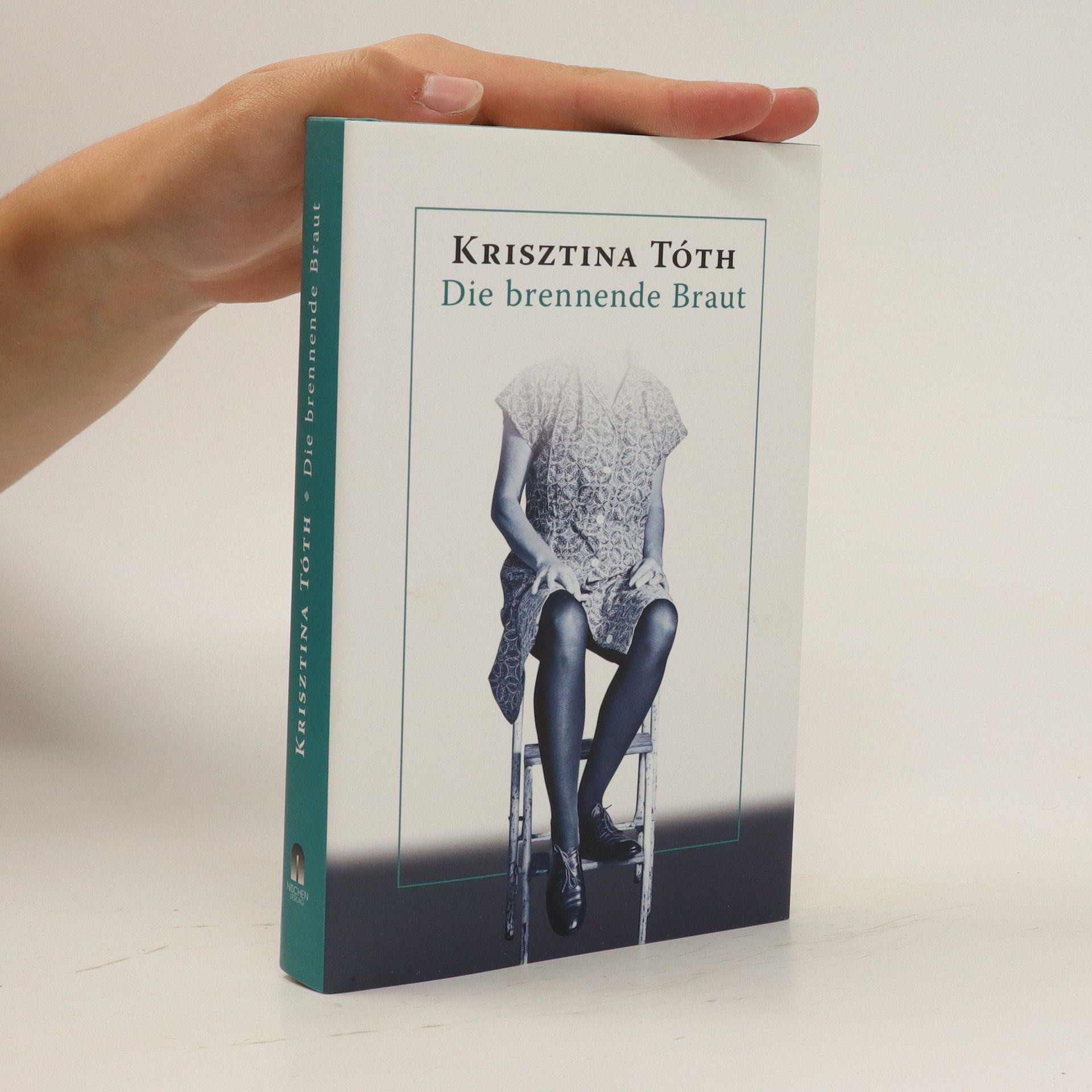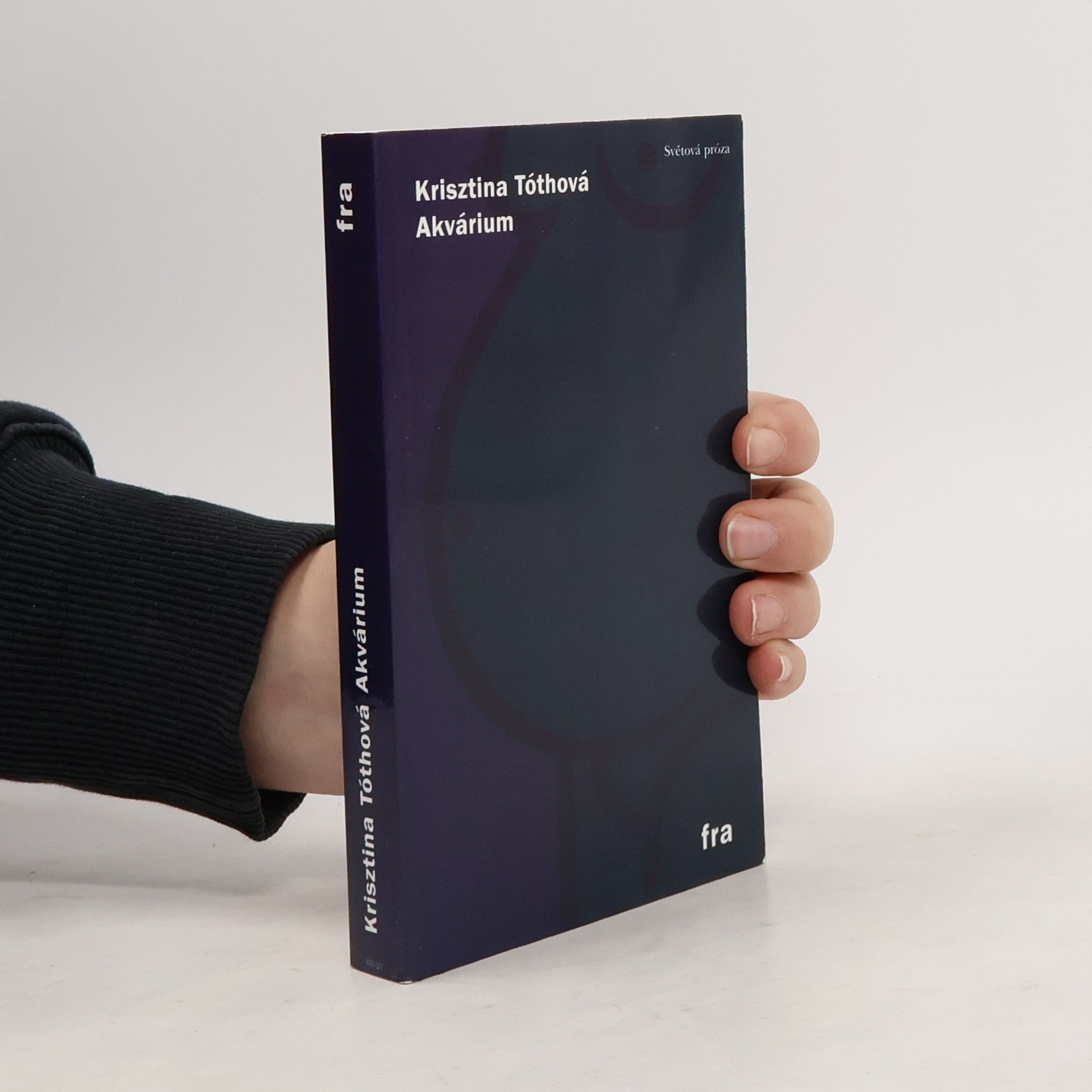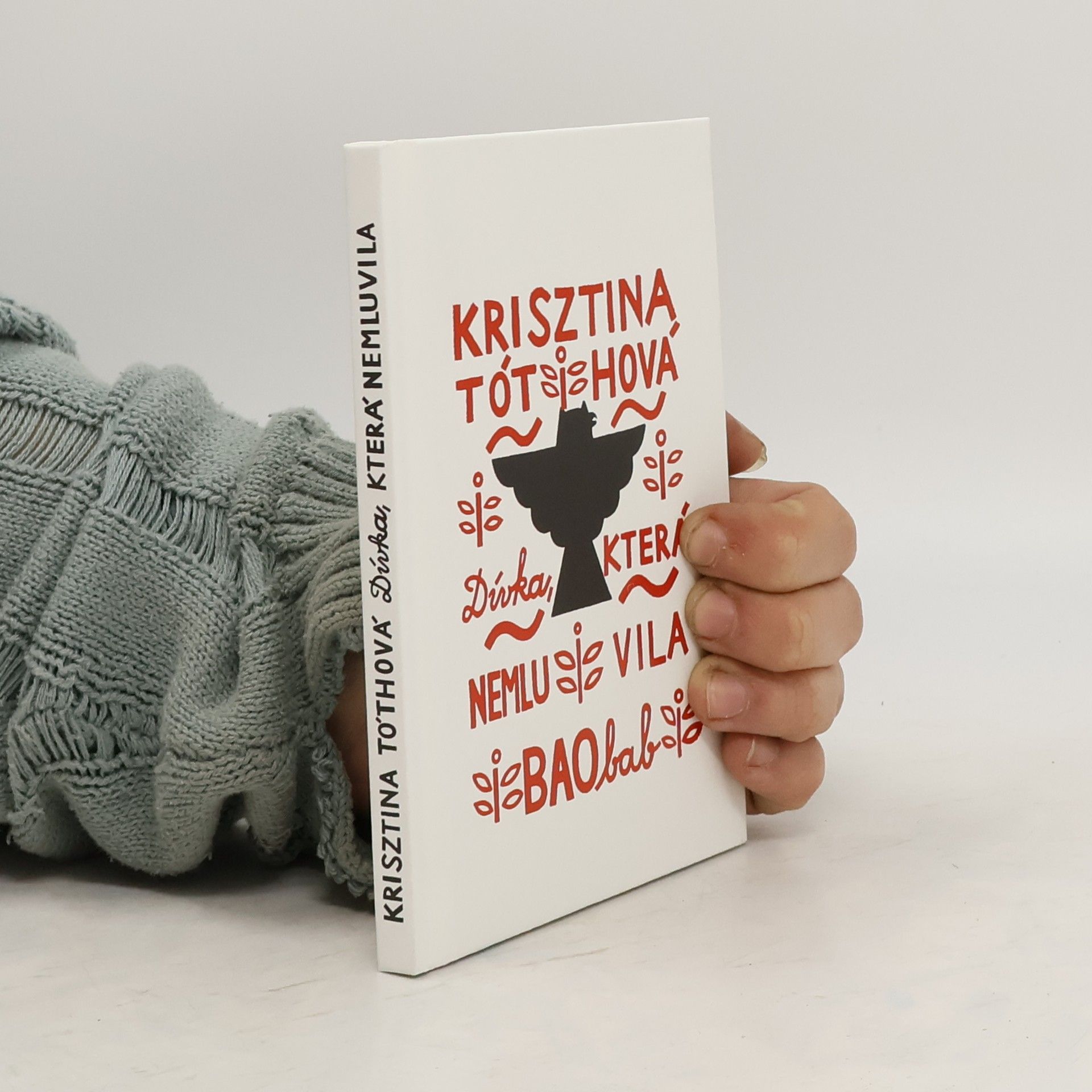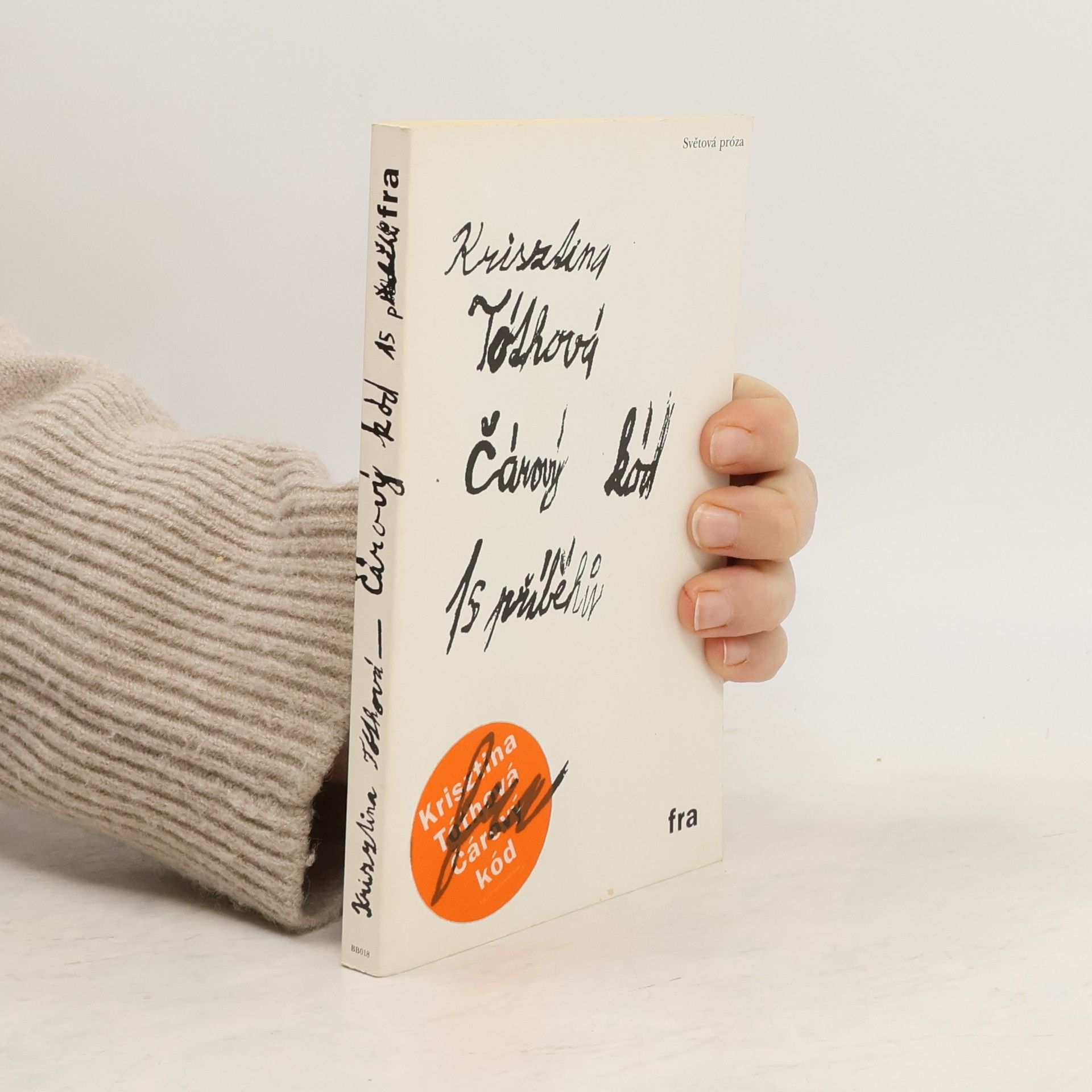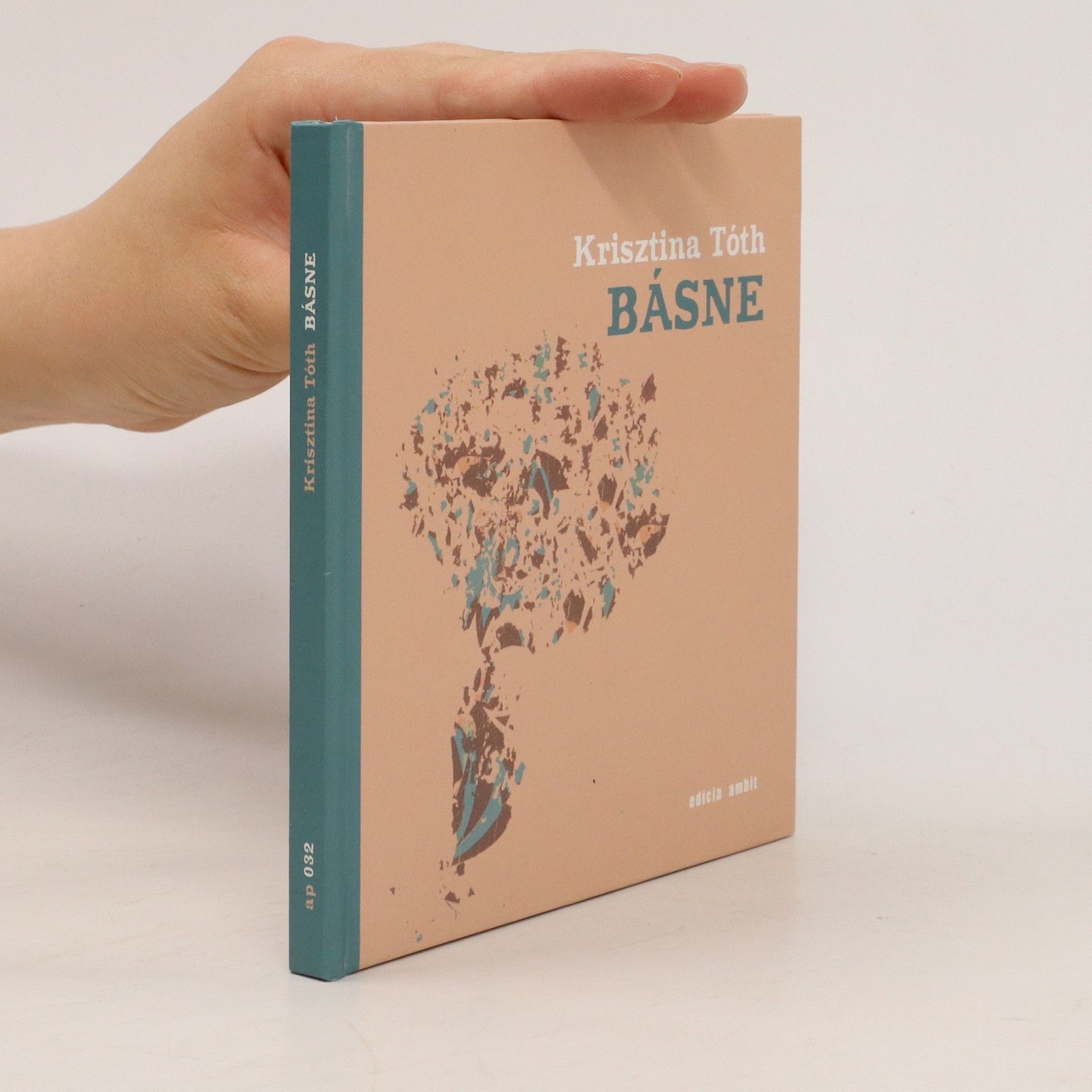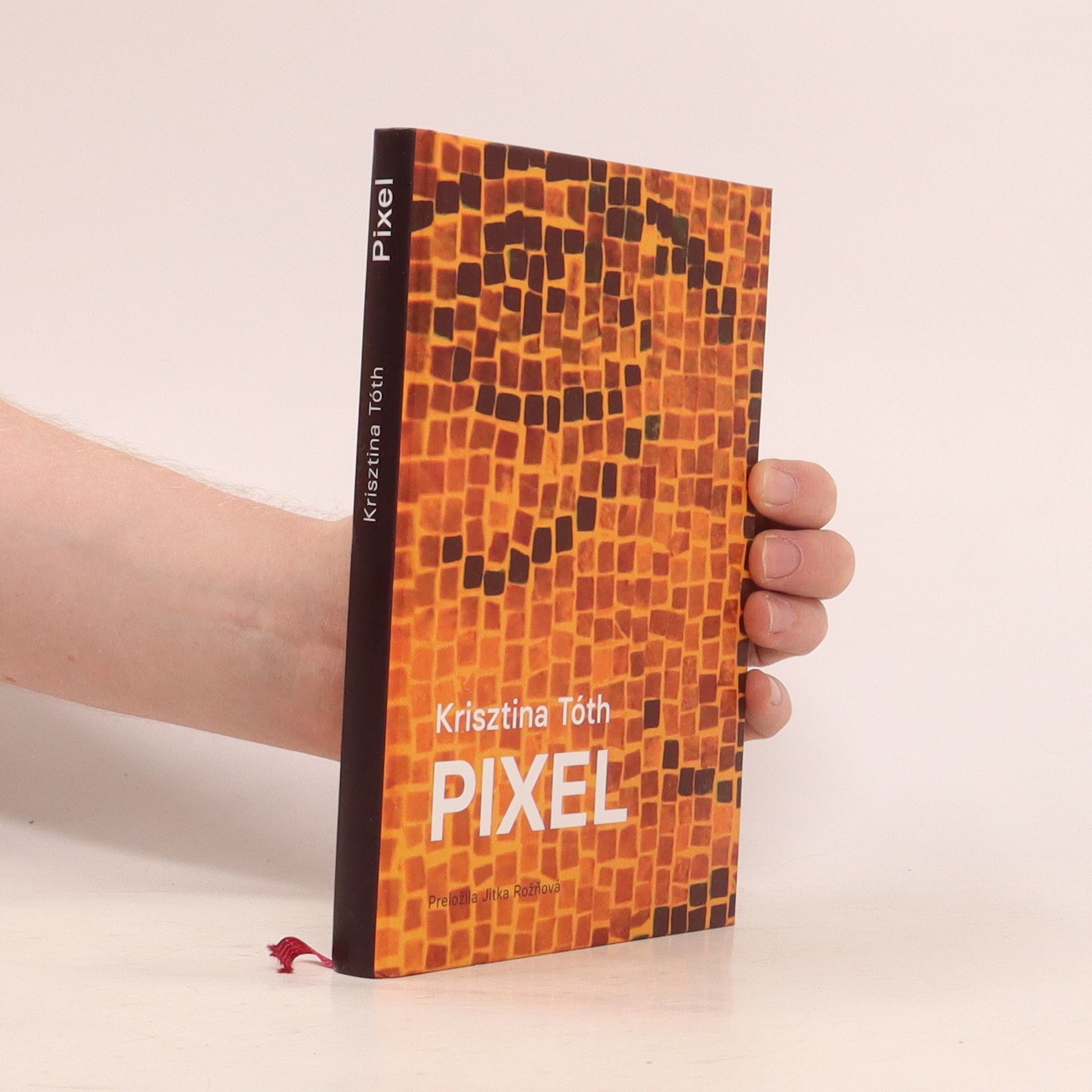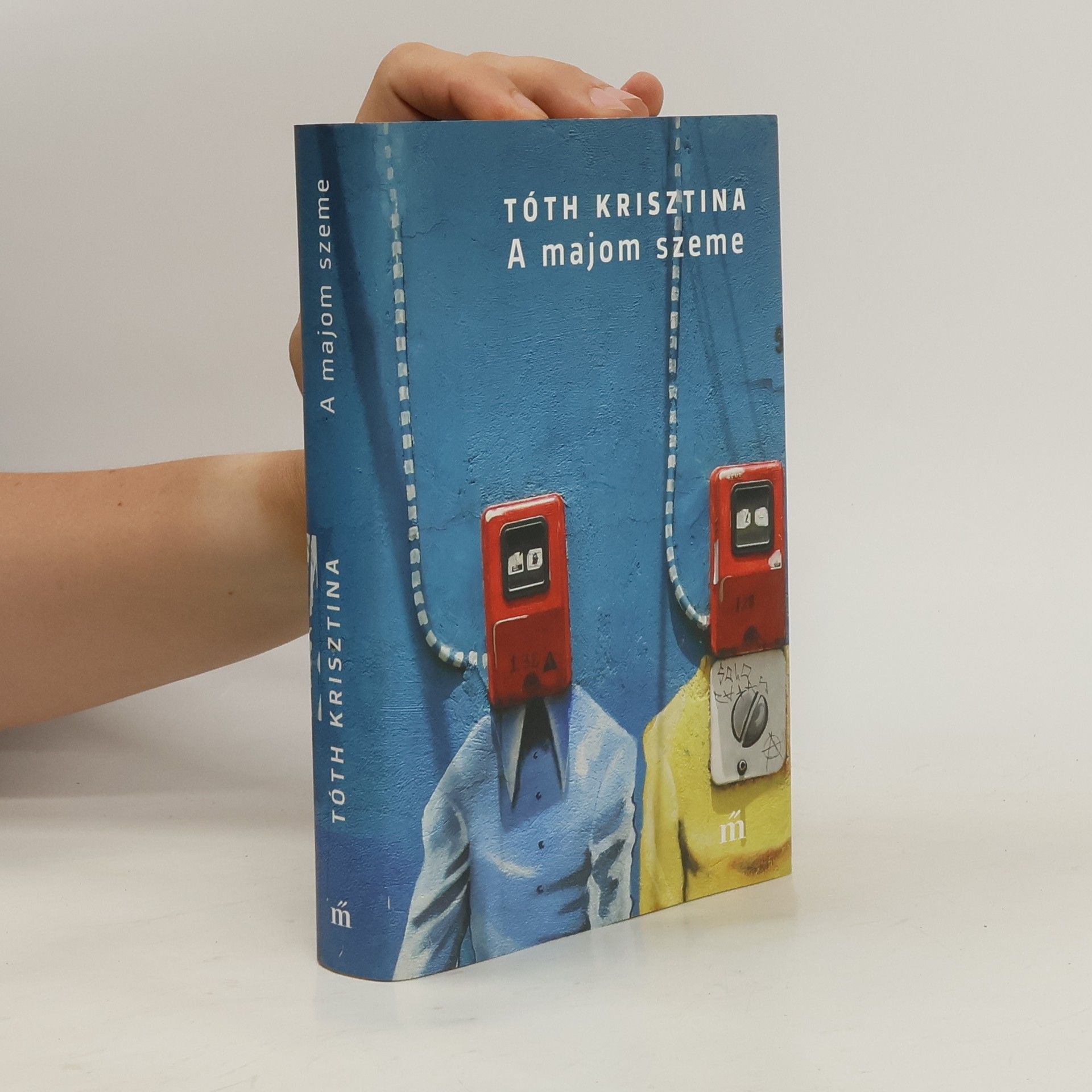Barcode
- 226pages
- 8 heures de lecture
Barcode, Krisztina Toth's first substantial work in prose after four volumes of remarkable verse, consists of fifteen beautifully written and highly sensual short stories. Each story, apart from one, is told with poetic intensity and intimacy from a young, unnamed female narrator's point of view.

